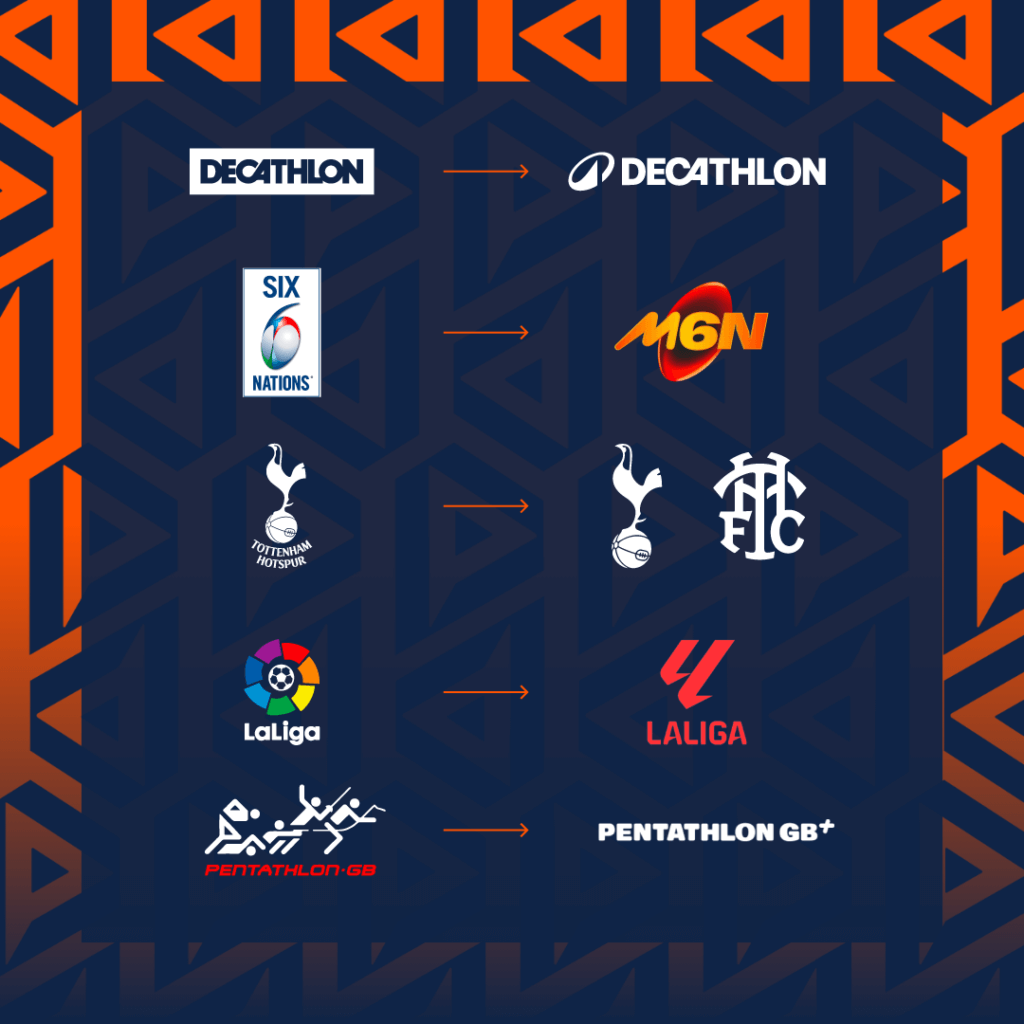In the realm of sports marketing, social media has emerged as a powerful and indispensable tool for connecting with fans, building brand awareness, and driving engagement. With billions of users worldwide, social media platforms offer businesses unparalleled opportunities to reach their target audience in real-time and create meaningful connections. Let’s explore how the sports marketing landscape is evolving across various social media channels and how businesses can leverage these platforms to achieve their marketing objectives.
Facebook: Building Communities and Fostering Engagement
With over 2.8 billion monthly active users, Facebook remains a dominant force in the world of social media. For sports marketers, Facebook offers a platform to build communities, foster engagement, and share content with a diverse audience. Sports teams, leagues, and brands can create dedicated Facebook groups where fans can interact with each other, share their passion for the sport, and stay updated on the latest news and events. Additionally, Facebook Live provides an opportunity to stream live games, behind-the-scenes footage, and exclusive interviews, allowing fans to experience the excitement in real-time.
Twitter: Real-Time Updates and Conversations
Twitter has established itself as the go-to platform for real-time updates and conversations around sports events. With its fast-paced nature and character limit, Twitter is ideal for sharing breaking news, live updates, and instant reactions during games. Sports marketers can leverage Twitter to engage with fans, participate in trending conversations, and amplify their brand message through hashtags and sponsored tweets. Twitter also offers opportunities for sports brands to collaborate with influencers, athletes, and fans to create engaging content and drive conversation around their brand.
Instagram: Visual Storytelling and Brand Identity
Instagram’s visual-centric platform makes it a perfect fit for sports marketers looking to showcase their brand identity and connect with fans through compelling imagery and videos. From game highlights and player profiles to behind-the-scenes glimpses and fan experiences, Instagram allows sports brands to tell their story in a visually appealing way. Features like Instagram Stories, IGTV, and Reels provide additional opportunities for creativity and engagement, allowing brands to share immersive content and connect with fans on a deeper level. Leveraging Instagram’s robust suite of advertising tools, sports marketers can also target specific demographics, drive traffic to their website, and measure the impact of their campaigns.
TikTok: Capturing Gen Z’s Attention
TikTok has quickly emerged as a cultural phenomenon, particularly among Gen Z audiences, making it a valuable platform for sports marketers looking to reach a younger demographic. With its short-form, user-generated content, TikTok offers a unique opportunity for sports brands to showcase their personality, creativity, and authenticity. From dance challenges and lip-sync videos to behind-the-scenes footage and viral trends, TikTok allows sports marketers to engage with fans in a fun and interactive way. By embracing TikTok’s playful and spontaneous nature, sports brands can increase brand awareness, drive engagement, and tap into the cultural zeitgeist.
LinkedIn: Professional Networking and Thought Leadership
While LinkedIn may not be traditionally associated with sports marketing, it offers valuable opportunities for sports brands to establish thought leadership, network with industry professionals, and engage with B2B audiences. Sports marketers can use LinkedIn to share thought-provoking articles, industry insights, and behind-the-scenes content that resonates with professionals working in the sports industry. Additionally, LinkedIn Groups provide a platform for sports marketers to connect with like-minded individuals, exchange ideas, and foster meaningful relationships that can lead to business opportunities and collaborations.
Conclusion
In today’s digital age, social media has become an indispensable tool for sports marketers looking to connect with fans, build brand awareness, and drive engagement. By understanding the unique characteristics and strengths of each social media platform, sports brands can tailor their marketing strategies to effectively reach their target audience and achieve their marketing objectives. Whether it’s building communities on Facebook, sharing real-time updates on Twitter, showcasing visual storytelling on Instagram, engaging with Gen Z on TikTok, or networking with professionals on LinkedIn, there are countless opportunities for sports marketers to leverage social media channels to elevate their brand and connect with fans in meaningful ways. As the social media landscape continues to evolve, sports brands must remain agile, innovative, and customer-centric to stay ahead of the curve and succeed in the competitive world of sports marketing.


